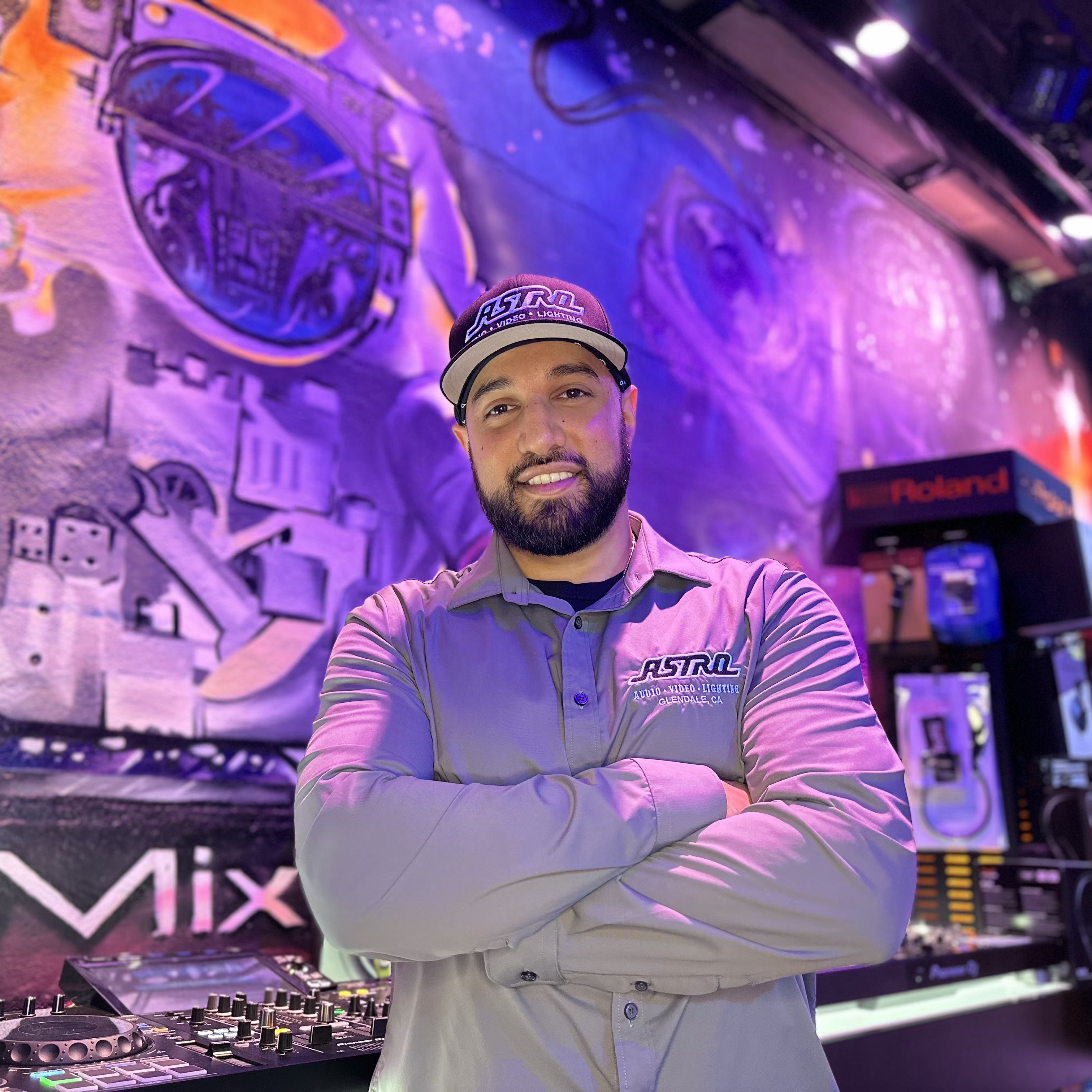My grandmother got her hair done religiously for years at a place called May Belle’s Hair Salon. One day I drove my grandmother to her hair appointment and noticed the sign on the door read, May Belle’s Hair Salon and Chainsaw Repair. I thought it was a joke but come to find out May Belle’s husband had been forced into early retirement and to keep money coming in he wanted to open a small engine repair business. May Belle decided to join forces with her husband and put his repair shop in the back of her hair salon. May Belle’s shop was small and the concept seemed odd. Women getting their hair set had to smell gas fumes and engine noise seeping out from behind the curtain in the back of the shop, but the crazy combo worked. Husbands would bring in their chainsaws and other mechanical problems while their wives conversed.
It’s time for MI retailers to start rethinking.
In every crisis there is opportunity and May Belle and her husband saw their opportunity and grabbed it. There was opportunity in the 1920s as the country emerged from the pandemic of 1918 and opportunities in 2010 as we navigated out of a recession. Now, as we think ahead to what retail looks like as the world emerges from the pandemic, we find many of the habits formed in the last year will stick around, possibly forever, and what worked for you in March 2019 is probably much different a few years later. Band rentals may be soft or completely obsolete, while acoustic guitar sales have skyrocketed. Maybe sales are down in every category and it’s time to look at a new retail combination that appeals to a larger group of customers. By diversifying your operation you will attract a customer group that may not know they are in the market for a new guitar or drum set. The key is finding your opportunity for new growth.
Here’s an example. In 2010, I wanted to build out a coffee bar in one of my locations and rebrand my store as an upscale coffee bar that happened to have a great music store in it. I wanted to cultivate a new customer by getting them in the door to buy a great cup of coffee and then introduce them to a musical lifestyle. After several months of working on this new concept, I was told by city officials that my coffee bar was not allowed under the current zoning regulations in that location. It was a setback but I managed to pull it off in another location. We did generate a lot of sales from customers who had no interest in playing music until they popped in a few times to grab a cup of coffee and a guitar hanging on the wall grabbed their attention and they started taking lessons — and buying more high margin cups of coffee.
It’s the right time for MI retailers to start thinking like this. How about a music store mixed into an outdoor, camping store? Both offer lifestyle products that can easily go hand in hand. Your store display may greet customers at the front entrance with a focal point of a mannequin seated on a portable camp chair, holding an acoustic guitar dressed in camping clothes with a cooler, small grill and other music and outdoor accessories. Of course, these are all products you sell but the idea is you’re selling a lifestyle. Music and outdoors. Recreation and relaxation. The person who likes to camp probably likes music and attends festivals but may have never thought about buying their first guitar. That person is now standing in your store looking at buying a new Yeti cooler and suddenly they see that awesome acoustic and their interest is spiked. Obviously you need to have an interest in outdoors and camping to know your customer and what you’re selling, but there’s no rule that says you can’t mix your wares.
Finally, many consumers order online and pick up in store, which is the perfect opportunity to create integrated virtual experiences where the transaction starts online and finishes in your store. Once the customer is there, you have the opportunity to create deeper relationships by introducing them to something they didn’t know you sold or a product they never knew they needed. MI
Billy Cuthrell is the founder of Progressive Music Center, an MI consultant and an adjunct professor of music industry studies at Appalachian State University.










